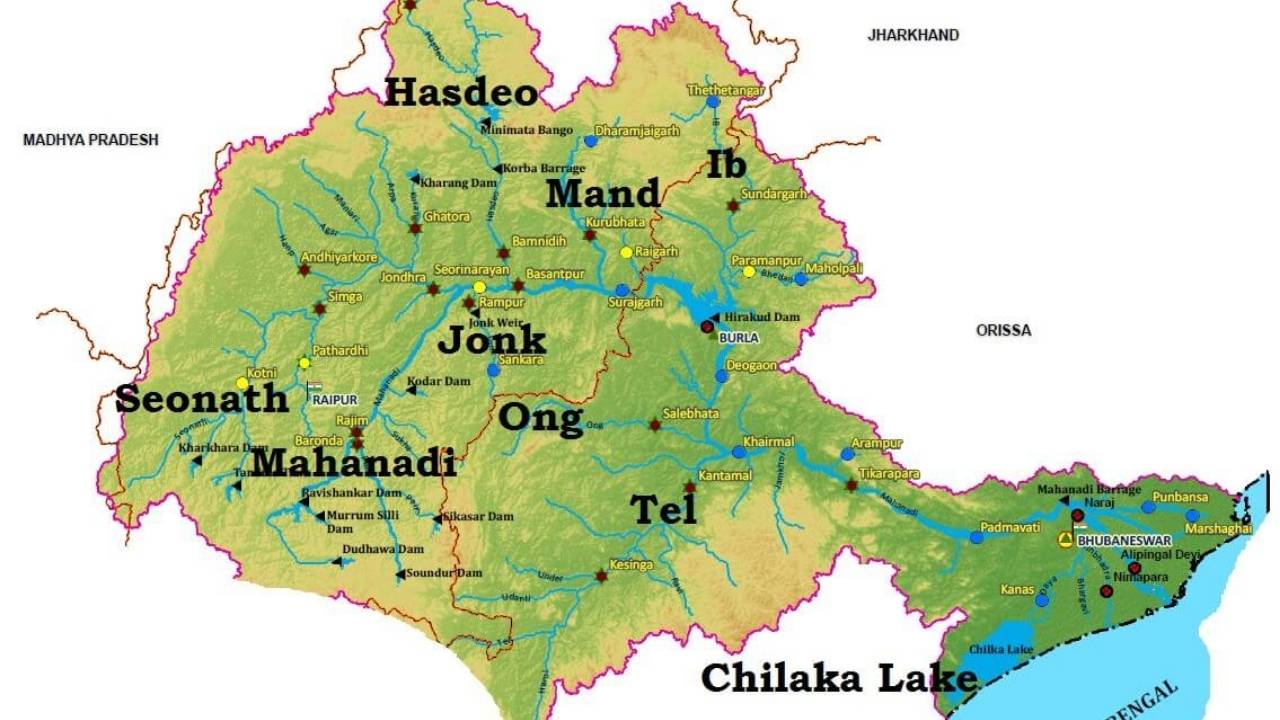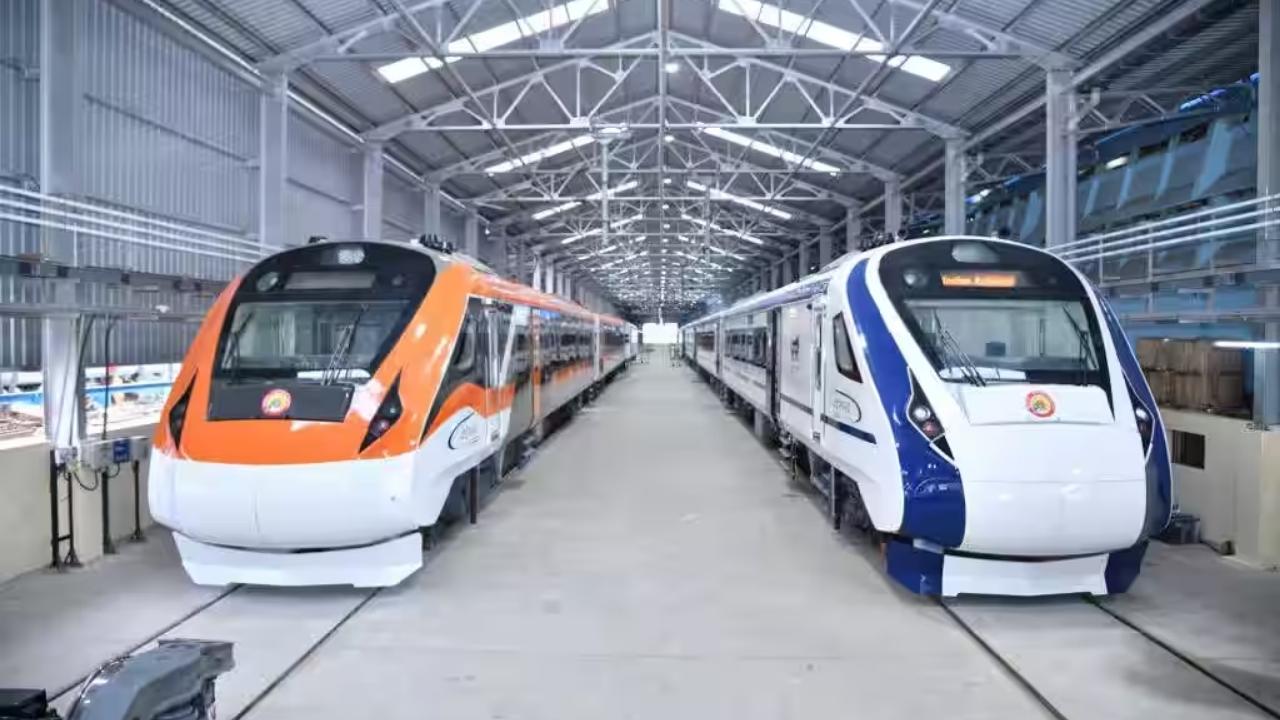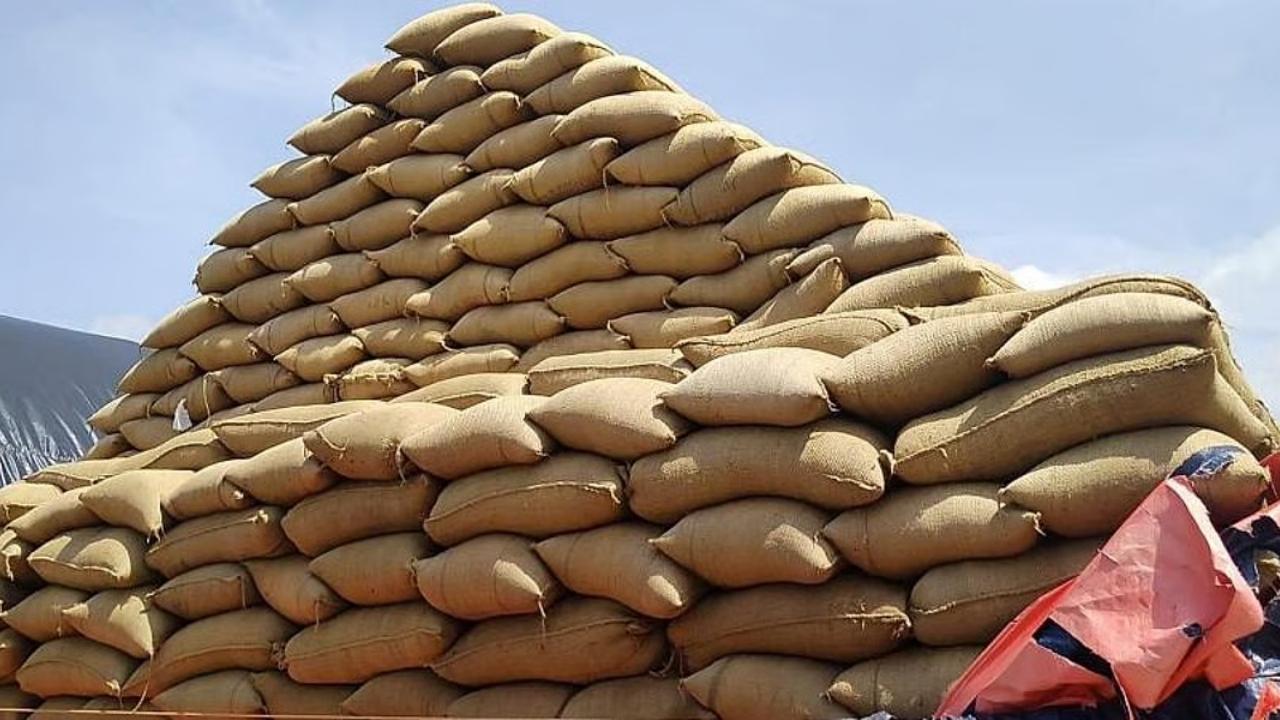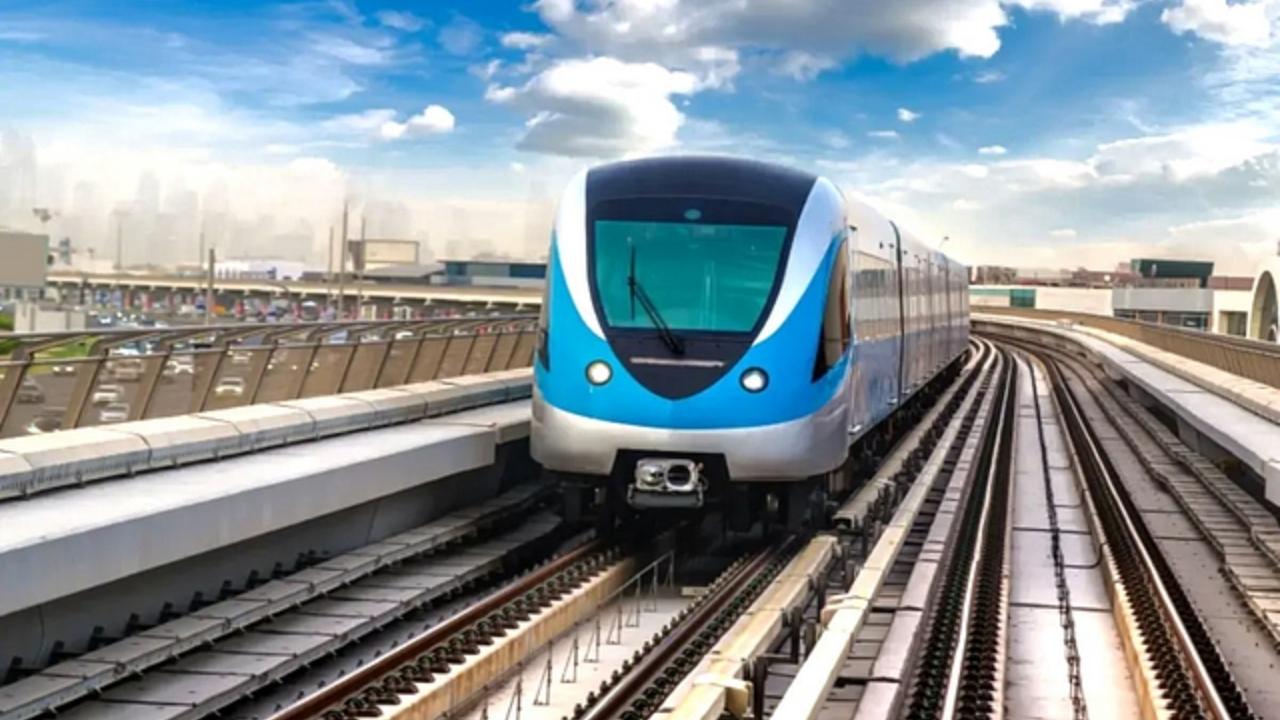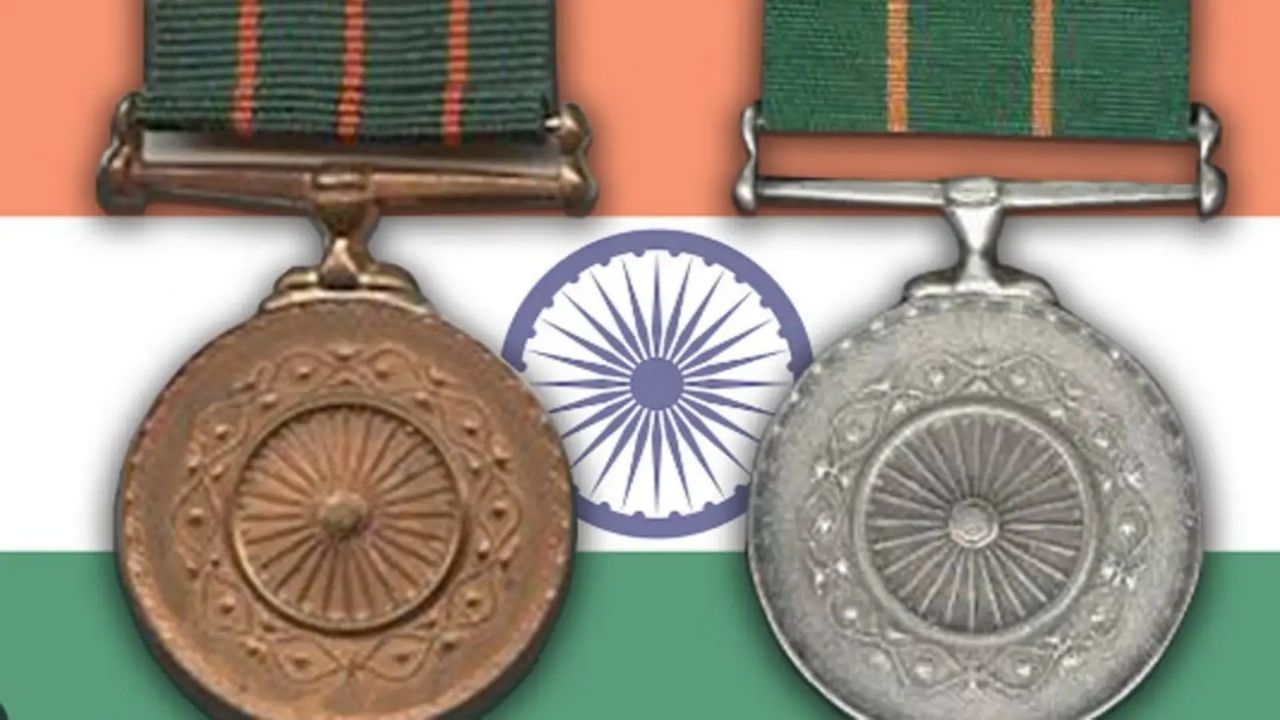Raipur, Chhattisgarh – Chhattisgarh Chief Minister Bhupesh Baghel has articulated his state’s position regarding the long-standing Mahanadi river water dispute with neighboring Odisha, following a recent proposal from the Odisha government for bilateral discussions. The development marks a critical juncture in the inter-state disagreement over water sharing, a contention that has persisted for decades and significantly impacts agricultural practices and regional development in both states.

Mahanadi River Water Dispute: A Deep Dive
The Mahanadi, one of India’s major east-flowing peninsular rivers, originates in the high plateaus of Chhattisgarh and flows through Odisha before emptying into the Bay of Bengal. For years, the two states have been at odds over the construction of barrages and dams by Chhattisgarh on the upstream stretch of the river, which Odisha contends reduces water flow downstream, particularly affecting the Hirakud Dam reservoir and agricultural activities in its delta region.
Chief Minister Baghel, speaking to reporters in Raipur on August 1, 2025, confirmed that Chhattisgarh had received a proposal from Odisha for talks. “We have received the letter from Odisha, and we are prepared for discussions,” Baghel stated, according to a report by the Press Trust of India (PTI). However, he emphasized that any substantive dialogue must primarily occur within the framework of the existing Mahanadi Water Disputes Tribunal, which was established in 2018 to adjudicate the issue.
Chhattisgarh’s Conditions for Dialogue
Baghel’s remarks underscored Chhattisgarh’s preference for the tribunal’s findings to guide the resolution. He elaborated that while direct discussions are not off the table, they must complement, rather than supersede, the ongoing legal and technical deliberations of the tribunal. This stance highlights a strategic approach by Chhattisgarh to ensure that any bilateral agreement aligns with expert assessments and legal precedents established by the tribunal.
“Our position remains clear: the tribunal is the appropriate forum for resolving this complex issue,” Baghel reiterated, as quoted by The Hindu newspaper. “Any discussions outside of that framework must be aimed at facilitating the tribunal’s work or implementing its eventual recommendations.” This condition signals Chhattisgarh’s intent to maintain a structured and evidence-based approach to the dispute, rather than engaging in open-ended political negotiations that might not lead to a definitive resolution.
The Role of the Mahanadi Water Disputes Tribunal
The Mahanadi Water Disputes Tribunal was constituted by the Indian government under the Inter-State River Water Disputes Act, 1956, after Odisha moved the Supreme Court seeking a directive for its formation. The tribunal’s mandate is to determine the water availability in the Mahanadi basin, assess the equitable share of water for each state, and propose measures for its optimal utilization. Its proceedings involve detailed technical studies, data analysis, and expert testimonies from both states.
Experts suggest that the tribunal’s role is crucial for a scientific and impartial resolution. Dr. Alok Kumar, a retired hydro-engineer and water policy analyst, noted in an interview with Reuters, “River water disputes are inherently complex. They require detailed hydrological data and a deep understanding of environmental and socio-economic impacts. A tribunal provides the necessary technical and legal framework for such an assessment, which political negotiations alone often lack.”
Implications for Regional Development and Agriculture
The Mahanadi river water dispute has significant implications for both states. In Chhattisgarh, the construction of barrages like Kalma, Saradih, and Sheorinarayan is aimed at enhancing irrigation facilities, promoting industrial growth, and meeting drinking water needs, particularly in drought-prone areas. Odisha, conversely, fears that reduced water flow downstream will adversely affect its rich agricultural delta, particularly paddy cultivation, and impact power generation from the Hirakud Dam, a lifeline for millions in the state.
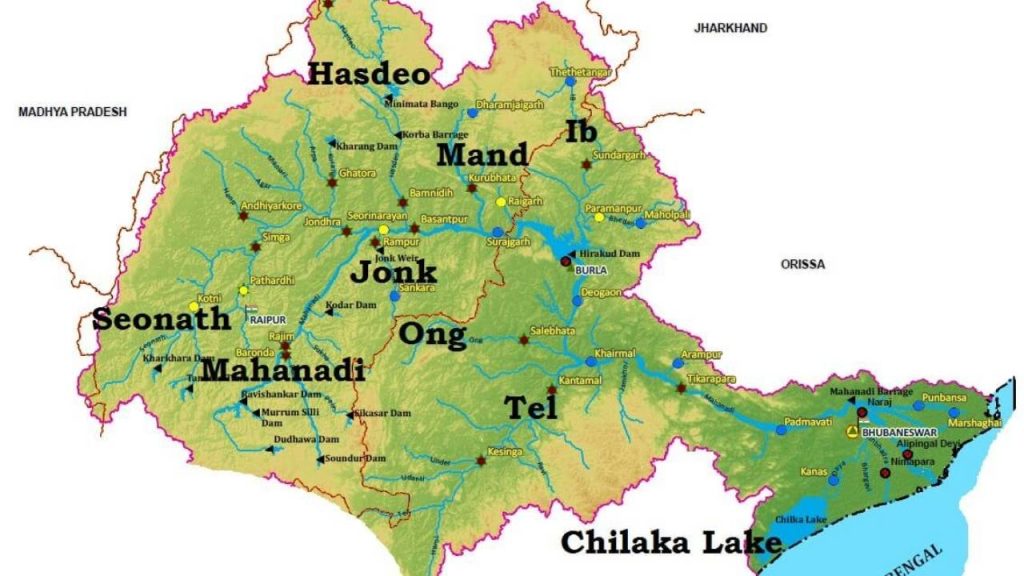
The economic impact on farmers in both states is a primary concern. Farmers in Odisha’s coastal districts, such as Cuttack, Puri, and Jagatsinghpur, are highly dependent on Mahanadi waters for kharif and rabi crops. Similarly, farmers in Chhattisgarh’s plains rely on these projects for reliable irrigation. The resolution of the dispute is therefore not merely a technical or legal matter but one with profound human and economic dimensions.
Odisha’s Call for Talks and Historical Context
Odisha’s recent proposal for talks follows a period of heightened political rhetoric and intermittent technical discussions. Chief Minister Naveen Patnaik has consistently maintained that Chhattisgarh’s upstream projects violate inter-state water sharing principles and cause significant distress to Odisha. The call for bilateral talks by Odisha may represent an attempt to find a quicker, possibly more politically amenable, solution outside the protracted tribunal process, or to explore common ground that could expedite the tribunal’s findings.
Historically, attempts at bilateral negotiations have yielded limited success, largely due to differing interpretations of water availability and equitable sharing principles. The formation of the tribunal itself was a testament to the impasse reached in previous discussions.
Odisha Government on High Alert as Jalaka and Subarnarekha Rivers Exceed Danger Levels
Threat of Flooding Intensifies in Odisha as Jalaka, Baitarani Rivers Surpass Danger Levels
The ongoing proceedings of the Mahanadi Water Disputes Tribunal are expected to continue for some time, with technical surveys and data submissions still underway. While Chhattisgarh has signaled its openness to dialogue, its insistence on the tribunal’s primacy suggests that a quick, politically driven resolution remains unlikely. The focus now shifts to how the two states will navigate these proposed discussions within the shadow of the tribunal’s comprehensive process.

